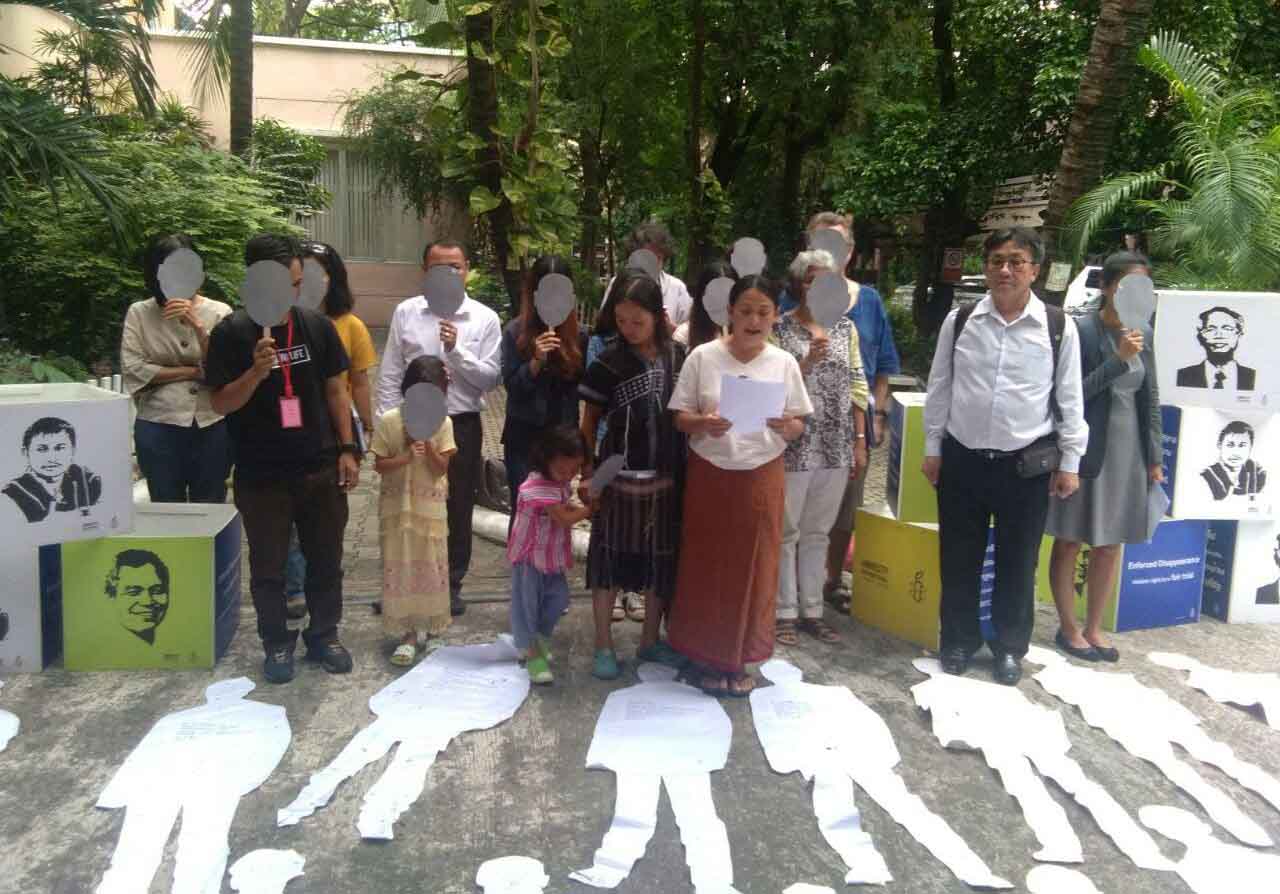The ICJ welcomes Thailand’s ratification of the International Convention for the Protection of all Persons against Enforced Disappearance.
Thailand submitted its depository notification of ratification to the UN Secretary-General, effective on 14 May 2024.
“The Convention is an essential instrument which obligates states to take important measures to prevent the heinous crime of enforced disappearance, hold perpetrators accountable and provide redress to victims and their families,” said Melissa Upreti, ICJ’s Asia-Pacific Regional Director.
The ICJ calls on Thailand to make a declaration under article 31 and 32 of the Convention to allow for the UN Committee on Enforced Disappearance, the supervisory authority of the Convention, to receive both individual communications (complaints) and those from other States alleging violations of the Convention.
“The right to an effective remedy before both domestic and international bodies is critical to ensuring access to justice and redress for victims, survivors and their families,” said Upreti.
“Considering Thailand’s weak track record in providing redress and accountability, recognition of the competence of the Committee to hear individual complaints is essential.”
In accordance with article 31 of the Convention, any individual claiming to be a victim of a violation of enforced disappearance can submit a complaint to the CED after exhausting all available domestic remedies. If the complaint is admissible, the CED will then issue a decision on the merits, indicating whether or not the State is responsible for violating the Convention. Such a decision can assist Thailand in addressing systemic gaps at the domestic level that obstruct the cause of justice in such cases and help improve the future implementation of its own law.
Thailand’s ratification was made with a reservation to article 42(1) of the Convention, which provides that when there is a dispute between Thailand and another State Party to the Convention concerning the interpretation or application of the Convention, a referral to the International Court of Justice will occur if the parties are unable to agree on the organization of the arbitration within six months. The ICJ calls for the removal of this reservation, which is inconsistent with the object and purpose of the Convention.
Background
Between 1980 and August 2023, the UN Working Group on Enforced or Involuntary Disappearances recorded and transmitted 93 cases of alleged enforced disappearance to Thailand. Currently, 77 of these cases remain unresolved. These cases are believed to be only the tip of the iceberg.
Thailand signed the Convention on 9 January 2012. On 10 March 2017, the then National Legislative Assembly voted in favor of ratifying the Convention. However, Thailand’s Ministry of Foreign Affairs informed the ICJ that ratification would be delayed until domestic legislation was enacted to give effect to the treaty.
More than half a decade later, Thailand’s Act on Prevention and Suppression of Torture and Enforced Disappearance became effective in February 2023. It criminalizes the acts of torture, ill-treatment, and enforced disappearance, targeting not only those who commit, conspire, or participate, but also their supervisors.
Download the statement in English and Thai. (PDF)
Contact
Melissa Upreti, ICJ Regional Director for Asia and the Pacific, e: melissa.upreti@icj.org
Sanhawan Srisod, ICJ Associate International Legal Adviser, e: sanhawan.srisod@icj.org




